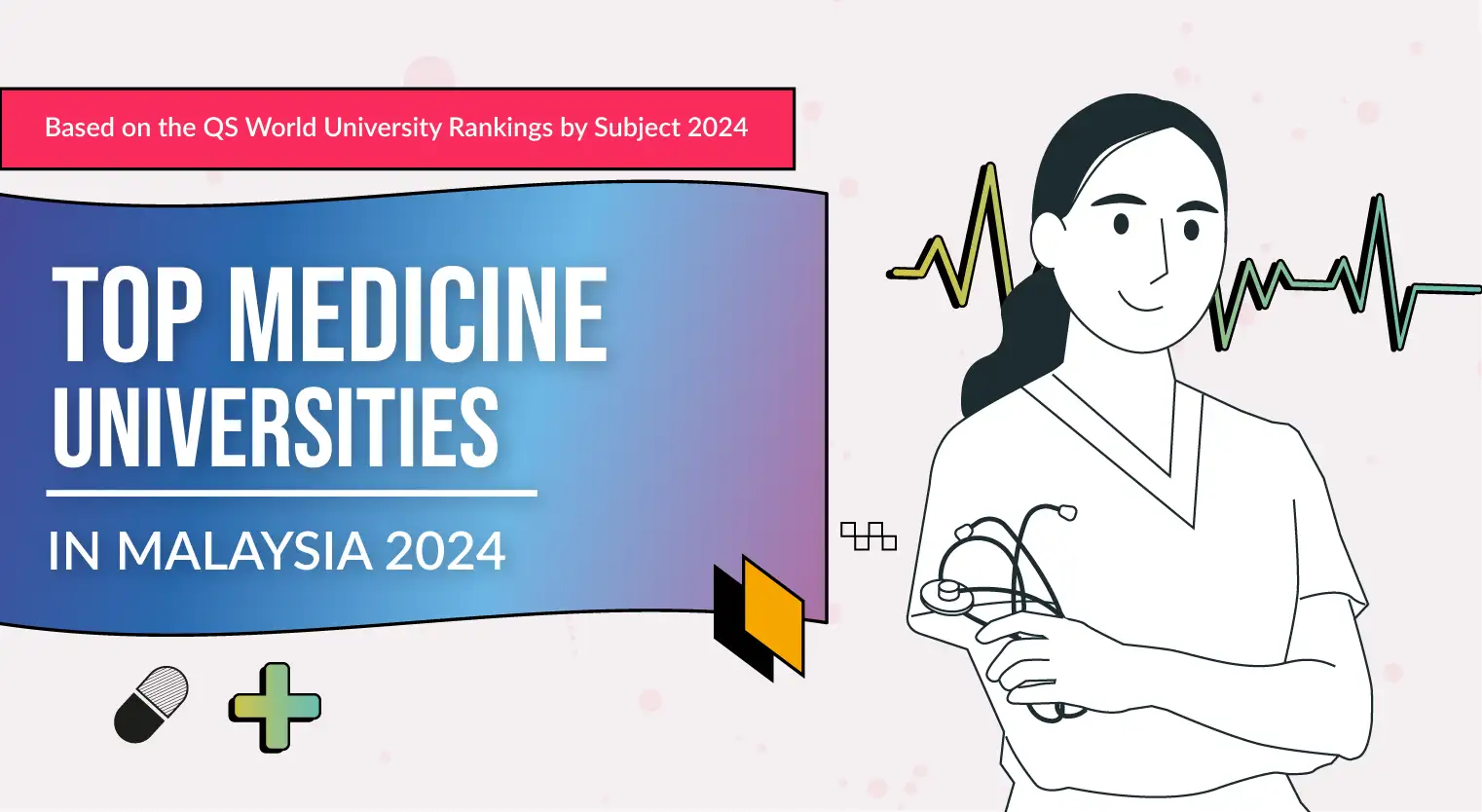Doctor Reveals: How to Succeed at Medical Interviews
Want to be a doctor? You will need to pass an interview for that! We ask an expert to reveal some of the crucial tips to nail that interview!
Updated 23 May 2022

It’s no news that the medical profession can be challenging, but getting into medical school isn’t a walk in the park either. You will need to go through a gruelling interview process where you'll be assessed for your knowledge, critical thinking and at times, ethics.
Dr Ong Gim Seong, the Assistant Dean of Clinical Affairs at Newcastle University Malaysia, lays down some crucial tips on how you can nail that medical interview.
#1. Gain a deeper understanding about being a doctor

What are your first thoughts when you think of becoming a doctor? Do you imagine yourself sitting in your room waiting for patients? Or perhaps you’re strolling the hospital grounds for your general rounds.
Being a doctor is certainly that — but so much more too. According to Dr Ong, there are rules and regulations that medical practitioners need to adhere to — even beyond office hours.
“If you misbehave outside of work, even if you’re not wearing your lab coat and tie, the medical council can strike you off. And if they do, you can’t work in the country as a doctor,” he shares.
Therefore, it’s crucial that you have a holistic understanding of what being a doctor entails. For this, Dr Ong suggests aspiring doctors to speak to numerous people about the job, not just about the clinical aspect but also the professional behaviour and mannerisms required.
#2. Have a basic understanding of the healthcare system

As a doctor, you will be serving patients from all walks of life. Therefore, it’s crucial to understand how the healthcare system operates and the differences between private and public healthcare.
“Some interviewees have no idea what Klinik Kesihatan is because they’re so privileged, they never have (had) to use it at all,” says Dr Ong. “You can’t say that you’ve only been to private hospitals in Malaysia.”
This does not bode well during medical interviews as medical schools are looking for knowledgeable students who have a true understanding of the healthcare system. And if you’re looking to apply to universities abroad, be sure to brush up your knowledge about the healthcare system in that particular country.
Apply for university with EduAdvisor
Secure scholarships and more when you apply to any of our 100+ partner universities.
Start now#3. Read up on the course and university you’re applying to

Contrary to popular belief, medical schools are not all the same. Sure, they all have to comply with the standards set by the Malaysian Qualifications Agency (MQA) and Malaysia Medical Council (MMC). However, Dr Ong reveals that different universities have different ways of delivering their medical training, which can affect your learning experience.
“Some (universities) are better for certain personalities or study skills. Some people are much better at reading and memorising, some people are better at case-based learning. Make sure you only apply to universities that suit your learning style. Otherwise, you’ll struggle for the next 5 years,” says Dr Ong.

#4. Your string of As does not determine everything

Sorry guys, being a straight-A student doesn’t guarantee you a spot at medical school. While grades are crucial and a prerequisite for applying to medical school, it’s not the only thing interviewers are looking at.
“We want someone who is flexible, able to reflect on their experience and is a well-rounded person,” reveals Dr Ong. In fact, he urges students to surround themselves with more than just studying and textbooks and to lead a fuller life.
“Make sure you find something that you like to do. We want people who have a better view of human life rather than someone who is only textbook smart.”
PRO TIP
Check out Dr Ong’s story on how he and a team of interviewers rejected a straight A student in this insightful webinar.
Preparation is key when it comes to passing your medical school interview. Competition is tough as many students are vying for a spot so you need to bring your A-game to the interview. Do your homework and research the profession and above all, be confident. Good luck!






